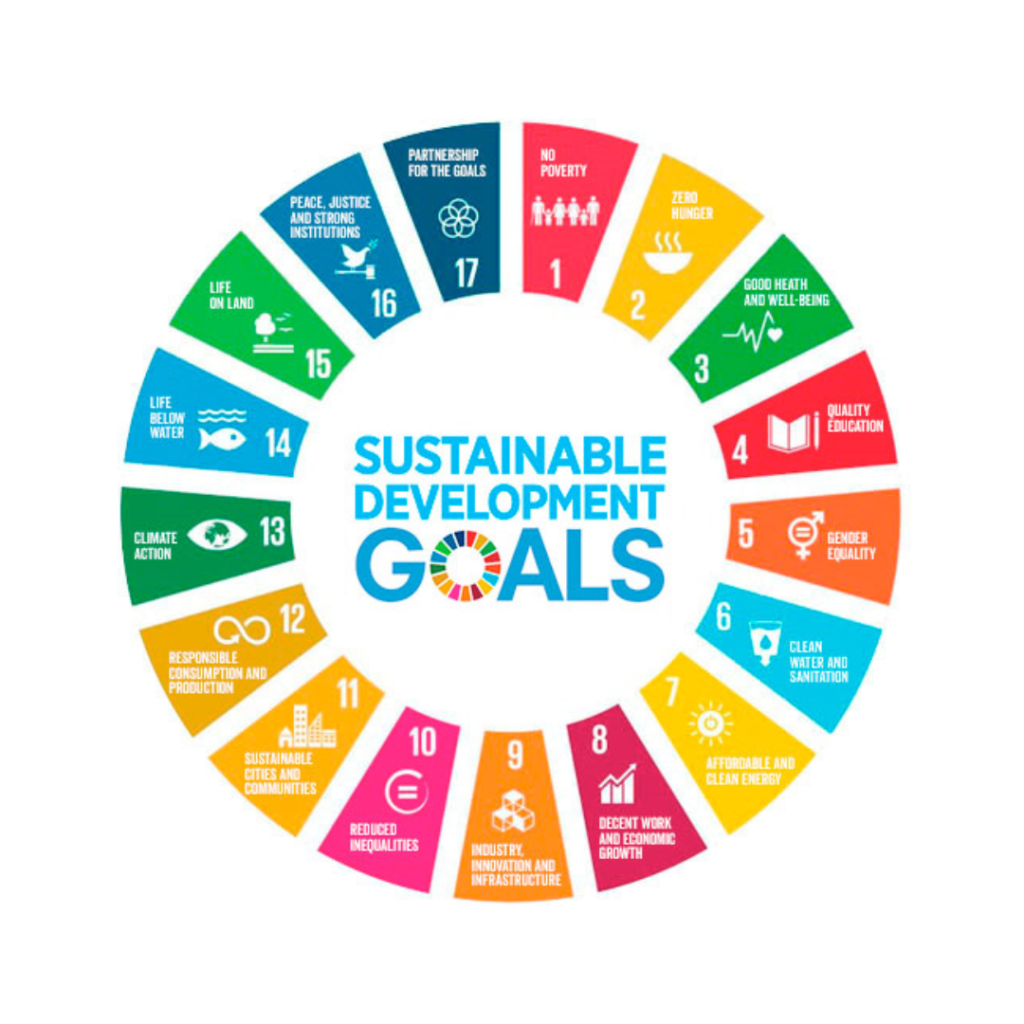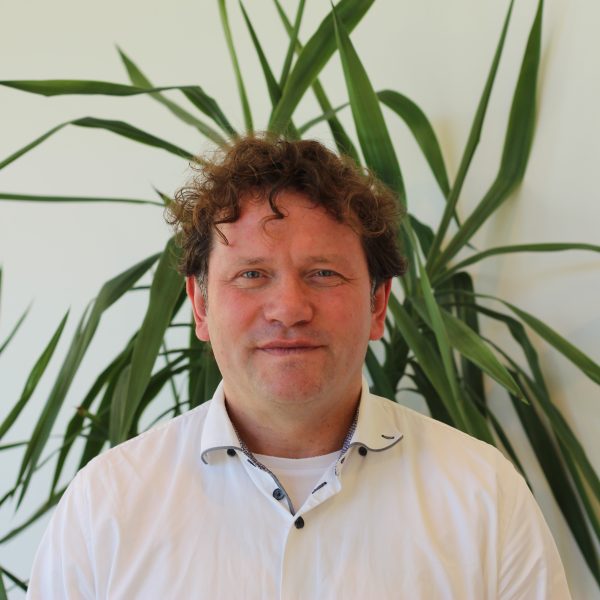Requesting party and partners:
Stellenbosch University
Western Cape Department of Agriculture
AgriColleges International
6 Individual TVETs: Vhembe TVET, Nkangala TVET, Northern Cape TVET, Motheo TVET, Elsenburg TVET and Boland TVET
Academy for Environmental Leadership
Consortium partners Q-point:
Graafschap College
Maastricht School of Management
CINOP
SaltFarm Texel
Acacia Water












